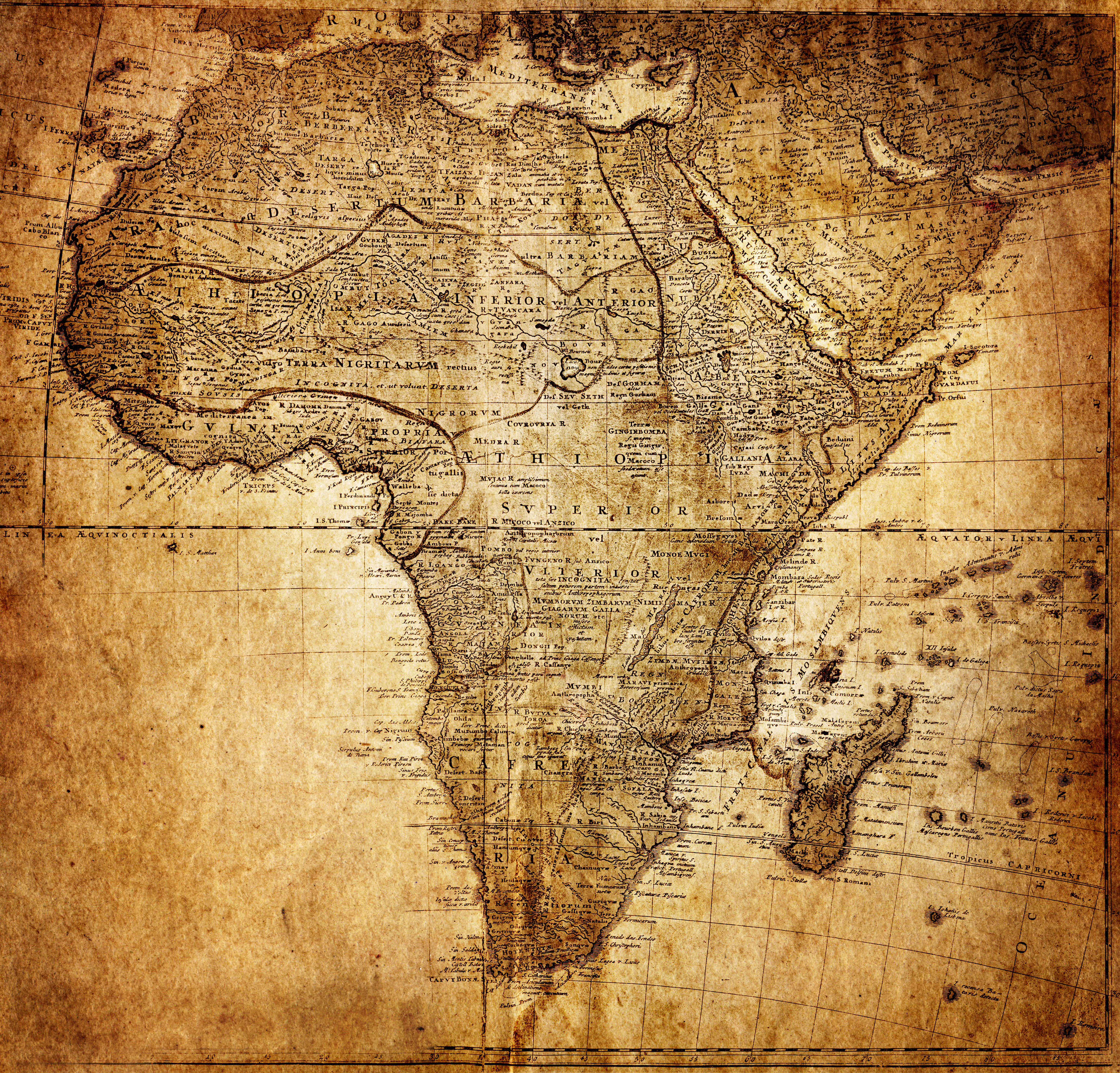After the Failure in the Sahel, Rethinking French Policy in Africa

Condemnations of French politics have gained momentum in recent years in French-speaking Africa. The grievances are multiple: military interventions, the persistence of the regional currency inherited from colonial time (CFA franc), development aid policy, restrictive visa policy, etc. However, the reasoned criticism against the French policy in Africa has turned into an anti-French diatribe on social networks and in the simplistic rhetoric of neo-Pan-Africanists.

In this context, the relations between France and three countries in the Sahel region have been turned off in only two years (2021-2023). Mali, Burkina Faso, and Niger were members of the anti-jihadi coalition called G5 Sahel and hosted French and European forces fighting the jihadi armed groups. In these three countries, some officers replaced the elected presidents and ended the security partnership with Paris. They canceled the defense agreements signed with the French government and asked the French troops to leave. By doing so, they also terminated the military engagement of the European Union (EU) and the United Nations peacekeeping mission in Mali (MINUSMA).[4] Since then, there has been no French ambassador in these countries and the French embassy in Niger was shut down on January 2nd, 2024. French development aid and the delivery of visas have been suspended. After the brutal coups and the severing of ties with France and the EU, the juntas of Mali, Burkina Faso and Niger have been sanctioned by the Economic Community of West African States (ECOWAS) and the West African Economic and Monetary Union. The juntas have then decided to leave the ECOWAS and officially created their own regional coalition: the Alliance of Sahelian States. They have solicited support from several countries (Gulf countries, Turkey, Iran, China, etc.), and their main security partner is now Russia. This change of partnership was quite a surprise for Paris and Washington as some of the military rulers were trained by them and used to cooperating with them.
Despite the French official statements downplaying this change of alliance, this setback is a real crisis. But is it only a crisis between France and the Sahelian countries? A crisis between France and Africa as a whole or a crisis of the French policy in Africa?
Download the full analysis
This page contains only a summary of our work. If you would like to have access to all the information from our research on the subject, you can download the full version in PDF format.
After the Failure in the Sahel, Rethinking French Policy in Africa









